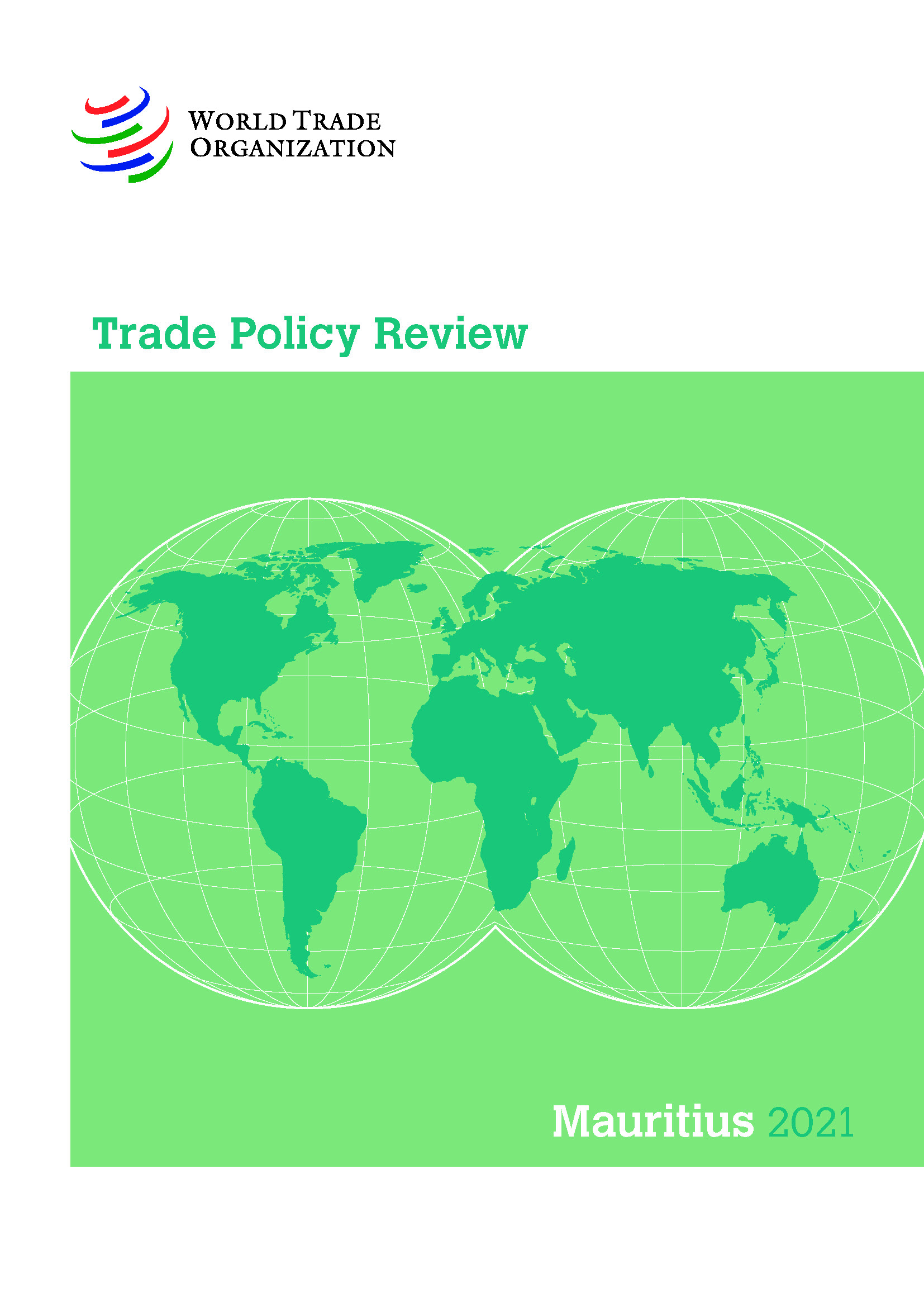Report by the WTO Secretariat

- By: World Trade Organization
- Source: Trade Policy Review: Mauritius 2021 , pp 11-104
- Publication Date: September 2022
- DOI: https://doi.org/10.30875/9789287052537c004
- Language: English
Mauritius is a small island with a population of close to 1.3 million people. About two decades of liberalization reforms have transformed Mauritius into an almost dutyfree economy. Its openness to trade has been one of the reasons behind its economic success, also supported by a long tradition of parliamentary democracy, good governance, and strong institutions. The country relies heavily on imports for its industrial inputs and for a large share of its food supplies, while maintaining the general openness of its services markets to foreign competition. Its trade in goods and services as a share of GDP declined from 105% in 2014 to 90% in 2019 and 76% in 2020. The fall in 2020 was mainly attributable to the COVID-19 pandemic, while the decline between 2014 and 2019 reflects, inter alia, the continuation of the downward trend in merchandise exports, a stagnation of services trade, while Mauritius was registering steady domestic growth. The EU remains Mauritius’ main trading partner. South Africa and the United Kingdom are the other main destinations of merchandise exports, while the country imports many of its manufactured goods, including petroleum products, from China, the United Arab Emirates, and India.
-
From This Site
/content/books/9789287052537c004dcterms_subject,pub_countryId-contentType:WorkingPaperSeries -contentType:Periodical -contentType:BookSeries -contentType:ReportSeries105


